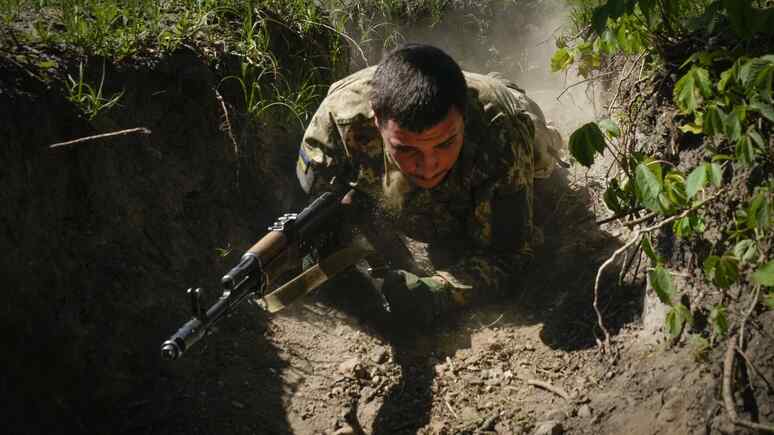A new law on military service came into force in Ukraine this weekend, which is supposed to help the country make up for the shortage of military personnel at the front. The first thing it is supposed to do is update data to identify those who are fit for military service. However, Ukrainians are reluctant to do this – they fear they will be sent to replace those who died at the front.
The Ukrainian army is short of soldiers, so now a mobilisation law has come into force in the country to help remedy the situation. Hundreds of thousands of soldiers are to be drafted into the army. The first step should be to better identify those who are fit for military service, but even that may prove to be a challenge, German TV channel Das Erste notes.
Under the new mobilisation law, conscripts must update their registration addresses and other data with the authorities within 60 days. This is because Ukraine has a problem: authorities often don’t know where conscripts are. Many people have not lived at the place of their official registration for years. The war and the resulting flight and displacement of the population has exacerbated this problem.
“No,” was the response of many men in a street survey conducted by Ukrainian media when asked if they were going to update their addresses and personal details with the conscription authorities. According to one of the men, he realises it is “wrong” but does not want to do it.
The new law is causing unrest among the Ukrainian population, explains Yulia Zasoba, who provides legal advice to conscripts. Many things have changed due to this law, “including the mood in society.” There are now between 100 and 200 calls a day: “The number one issue people are interested in is updating their data, because people realise that this is now their responsibility”.
Few people want to talk openly about the new mobilisation law. In Ukraine, the topic is overshadowed by fear and shame. Due to the current situation, “the lack of resources, the fact that soldiers are dying, missing, captured or injured, and they need to be replaced,” people are afraid, Zasoba explains. “They are afraid of being a replacement.”

